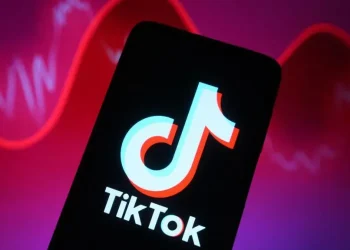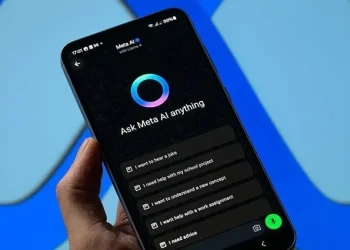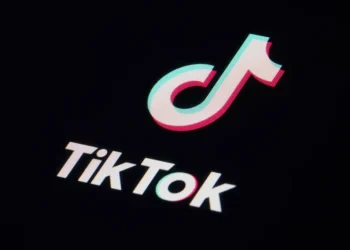Half of Teens Say Social Media Hurts Mental Health—But Many Are Taking Steps to Disconnect
Social media has become a permanent part of teenage life—but a growing number of teens say it may be doing more harm than good.
A new report from the Pew Research Center reveals that nearly half of U.S. teens (48%) believe social media has a mostly negative effect on people their age. And many are now making conscious efforts to limit their time online.
This latest survey, which included responses from 1,391 teens aged 13 to 17 and their parents, provides an updated snapshot of how young people and their families are navigating the digital age. It comes amid mounting concerns from health experts and lawmakers over the mental health toll of social media.
In a notable shift, 44% of teens say they’ve already cut back on social media and smartphone use. Nearly half (45%) admit they spend too much time online—an increase from 36% just two years ago.
And it’s not just talk. Girls, in particular, are leading the digital detox: 48% of teen girls say they’ve scaled back their usage, compared to 40% of boys.
“The overuse of social media in our society seems to be the main cause of depression among those in my age group,” one teenage boy wrote in the survey. “People let themselves be affected by opinions from strangers, and it wrecks their state of mind.”
While almost half of teens say social media negatively impacts others their age, only 14% feel it has a mostly negative effect on themselves. That number has grown from 9% in 2022, indicating rising personal awareness, but many still view the impact as something affecting “others” more than themselves.
Still, most teens and their parents are feeling the pressure:
- 77% of teens are at least somewhat concerned about mental health
- 89% of parents say they’re either somewhat or extremely worried about it
The report highlights gender differences in how social media affects mental health. Teen girls are more likely than boys to say that social media has hurt their sleep, productivity, confidence, and mental health.
These findings echo earlier research showing that girls are more vulnerable to online bullying and body image issues. Internal documents from Meta, revealed in 2021, even showed Instagram made body image worse for 1 in 3 teen girls—a revelation that sparked international outcry.
In response, Meta has rolled out new safety features, including AI tools to detect fake ages and restrict access to inappropriate content. But critics say more action is needed.
Governments around the world are stepping in to address these concerns:
- In the U.S., former Surgeon General Vivek Murthy pushed for warning labels on social media apps—similar to those on cigarettes or alcohol.
- Australia passed a law banning social media use for teens under 16.
- Utah became the first U.S. state to require app stores to verify users’ ages and share that data with developers.
These policy moves reflect a growing global effort to protect young minds in an increasingly digital world.
Despite the concerns, many teens recognize the benefits of social media, too.
- 59% say it gives them a place to express their creativity
- Even more say it helps them stay connected with friends and what’s happening in their lives
So while the debate continues, one thing is clear: teens are more self-aware than ever, and many are already taking steps to find balance in their digital lives.
This article was rewritten by JournosNews.com based on verified reporting from trusted sources. The content has been independently reviewed, fact-checked, and edited for accuracy, neutrality, tone, and global readability in accordance with Google News and AdSense standards.
All opinions, quotes, or statements from contributors, experts, or sourced organizations do not necessarily reflect the views of JournosNews.com. JournosNews.com maintains full editorial independence from any external funders, sponsors, or organizations.
Stay informed with JournosNews.com — your trusted source for verified global reporting and in-depth analysis. Follow us on Google News, BlueSky, and X for real-time updates.












